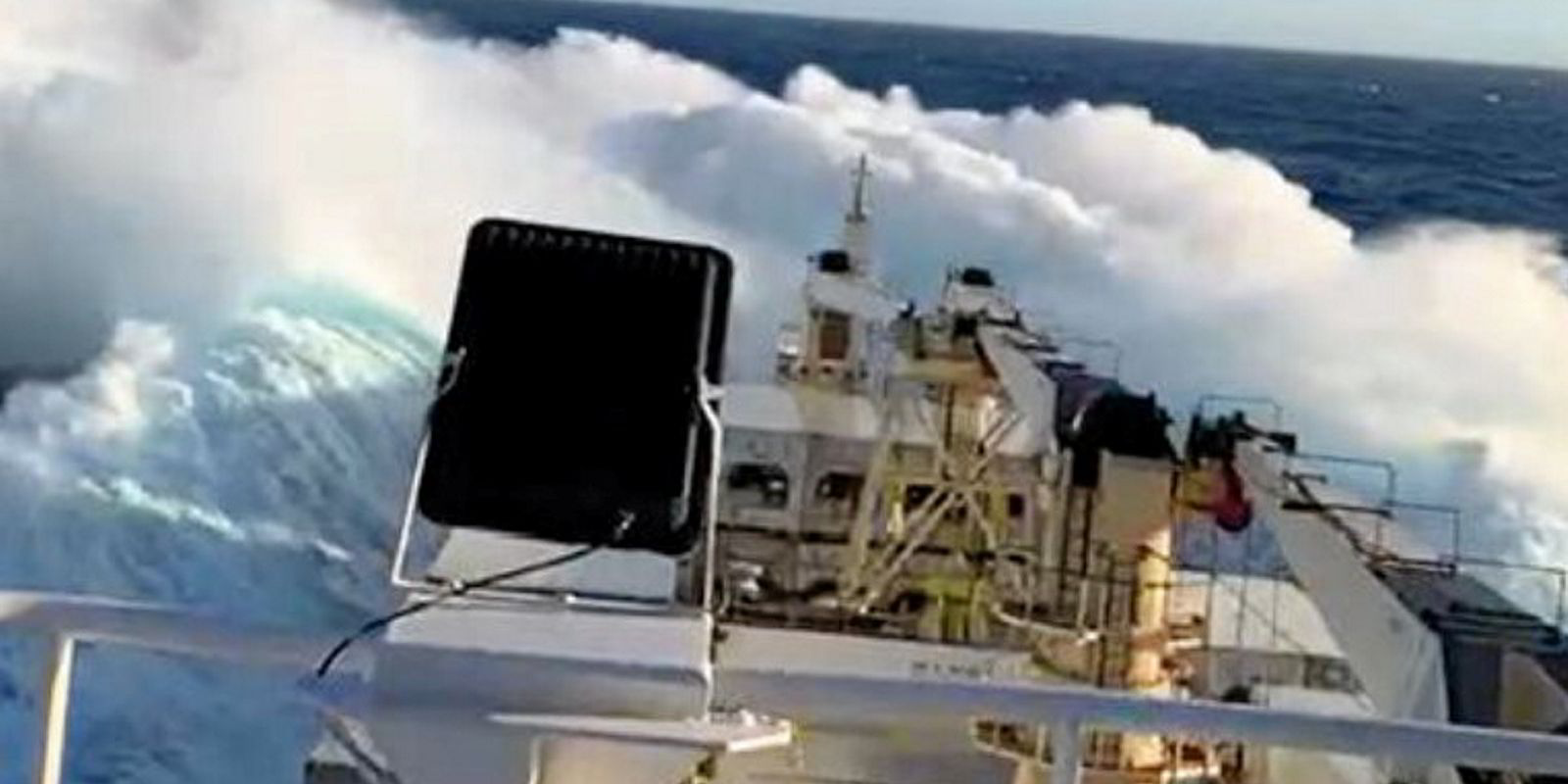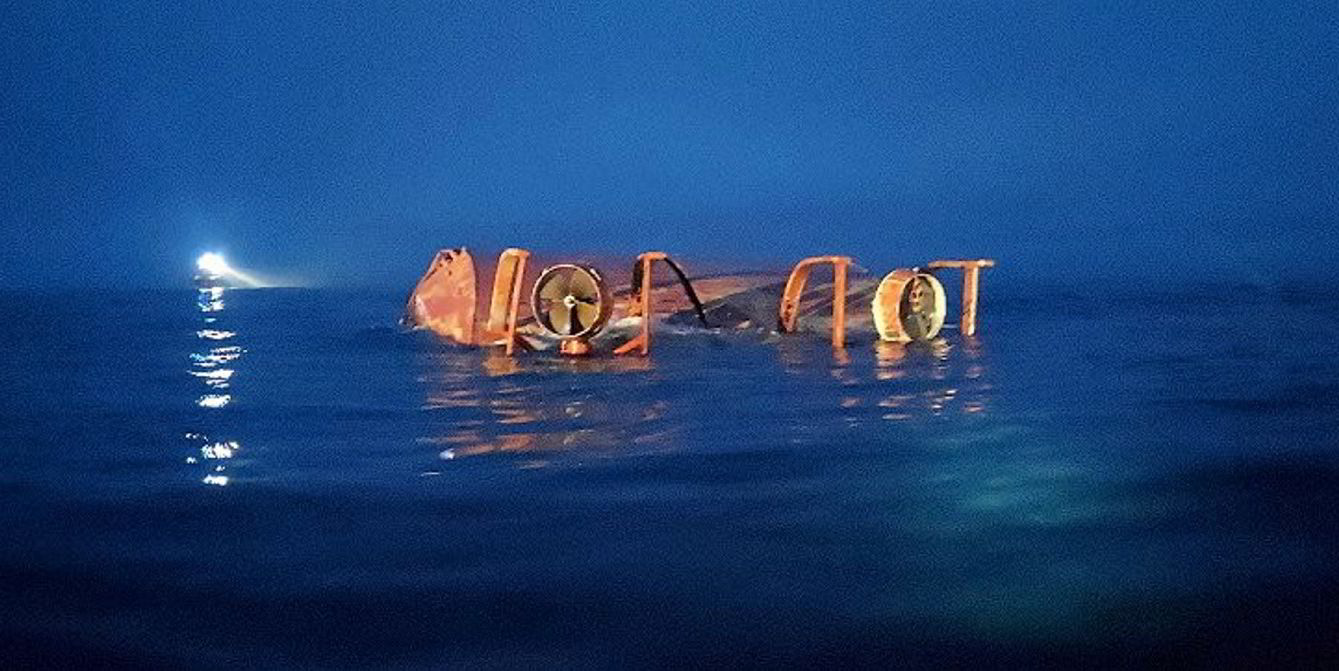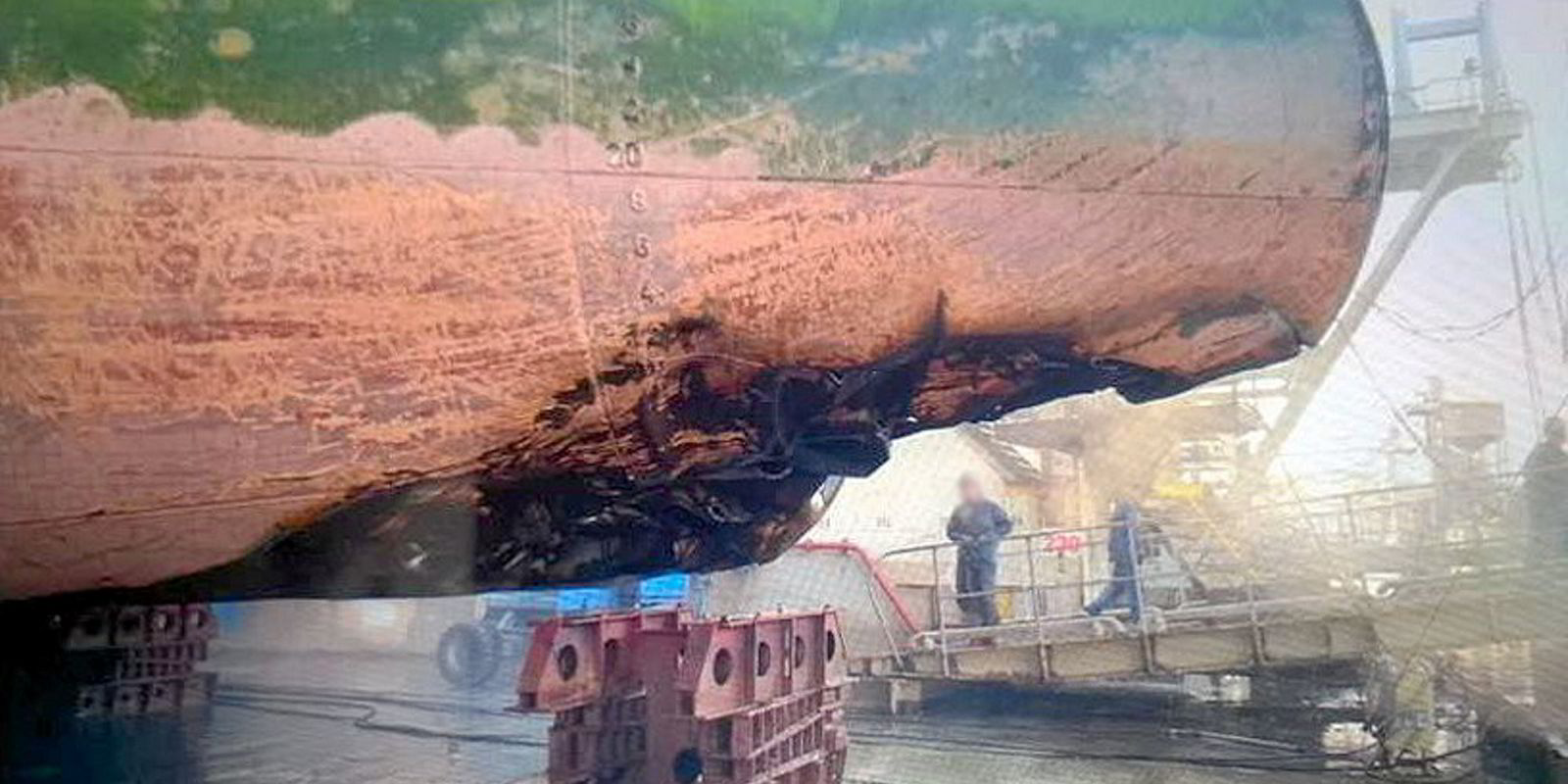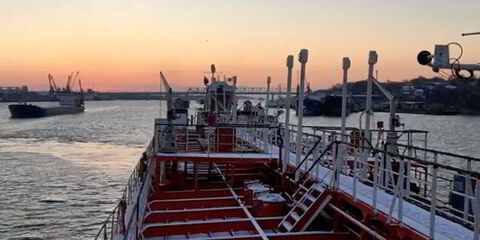A tired bosun made a tragic error in leading his team back out on to the deck of a Greek reefer in dangerous weather off South Africa, an accident report has revealed.
The 50-year-old Russian and a 46-year-old compatriot were killed when a series of huge waves battered the forecastle of the 627,926-cbf Beluga Reefer (built 1992) en route from Durban to Port Elizabeth on 30 June.
An investigation by the Bahamas Maritime Authority (BMA) found that the team of four seafarers went out to finish securing lines and deck machinery.
The master was unaware of this because the bosun had reported the job was completed the day before.
The BMA said this misreporting was a “situational violation”.
“This decision — to leave securing the forward mooring station until after their rest period — was informed by fatigue, onset by the change in working patterns as the vessel worked along the coast,” the report found.
The Bahamas-flag reefer encountered increased swell, causing the vessel to slam when making contact with the waves, which were more than three metres high.
The four men were washed off their feet when the waves struck, propelling them into the ship's structure and machinery.
Another seafarer was taken to hospital for surgery, while the fourth was treated for minor injuries.
Discovered by chance
The injured men were found by chance by the chief officer who was on deck and exposed to the same risk while completing a routine task.
The BMA said work activity on open decks during adverse weather should be restricted.
If attempted, lifelines should be considered, it added.
The report explained that normally, in between port calls, the bosun and deck crew would have been operating a set eight-hour day work pattern, allowing for sufficient uninterrupted rest.
Prior to the accident, work and rest periods had been adjusted for eight consecutive days to accommodate port arrivals and departures, and for cargo operations.
This meant that the deck crew were operating staggered hours of work and rest, which affected their sleeping patterns.
Manager Acheon Akti Navigation of Greece has since enforced a programme of change with regard to “Stop-The-Job” interventions and risk management.
It has also instructed its fleet to place signs at the exits of accommodation blocks warning that entry to the weather deck during adverse weather is prohibited.
The BMA has recommended that the company conducts a full review of its onboard procedures with particular attention to casualty reporting, verifying that the vessel is prepared for sea, deck access and movement of personnel, task scheduling and communication.





